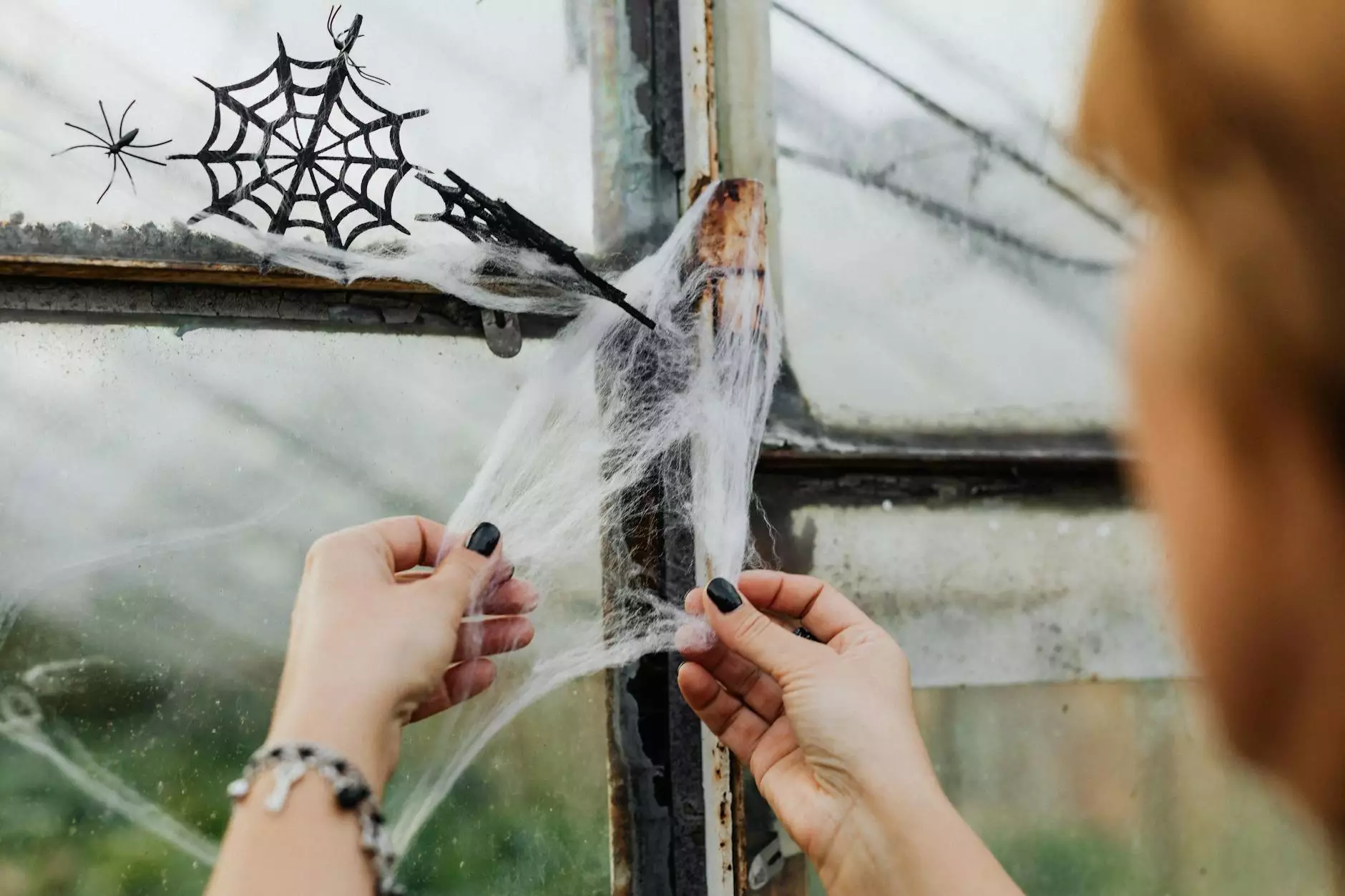The Fascinating World of Exotic Pet Lizards

Exotic pet lizards have captivated the hearts of reptile enthusiasts and casual pet owners alike. These enchanting creatures not only showcase remarkable beauty but also display a variety of behaviors and characteristics that make them unique companions. In this comprehensive guide, we will explore everything you need to know about exotic pet lizards, from care requirements to finding reputable breeders, all while ensuring your pet lizard thrives in your home.
Understanding Exotic Pet Lizards
At first glance, the term "exotic pet lizard" can be quite broad. It encompasses a diverse range of lizard species, each with its own unique needs and characteristics. Some popular exotic pet lizards include:
- Bearded Dragons: Known for their friendly disposition and low-maintenance care requirements.
- Leopard Geckos: Ideal for beginners, they are hardy reptiles with a simple diet.
- Blue-Tongue Skinks: These lizards are known for their docile nature and fascinating blue tongues.
- Iguanas: While they require more space and specific care, iguanas can be incredibly rewarding pets.
- Chameleons: Renowned for their color-changing abilities and unique eye movements, they require specialized care.
The Appeal of Keeping Exotic Pet Lizards
Why do people choose exotic pet lizards over traditional pets? There are several compelling reasons:
- Diversity: The variety of colors, sizes, and shapes available in the lizard world is astonishing, offering something for every taste.
- Low Allergenicity: Lizards produce fewer allergens compared to furry pets, making them suitable for individuals with allergies.
- Space Efficiency: Many lizards require less space than larger pets, making them ideal for those with limited living areas.
- Unique Behavior: Observing the behaviors of lizards can be incredibly fascinating, from their basking habits to their feeding techniques.
- Low Maintenance Costs: Overall care for many exotic lizards can be less expensive than traditional pets when considering food and veterinary care.
Caring for Your Exotic Pet Lizard
Habitat Requirements
The first step in successfully keeping an exotic pet lizard is to ensure they have a suitable habitat. Here are some essential aspects to consider:
- Enclosure Size: The size of the enclosure depends on the species. A larger lizard will require a more spacious habitat.
- Substrate: Use suitable substrates like sand, grass, or reptile carpets based on your lizard's species.
- Temperature Regimen: Most lizards are ectothermic, so providing a temperature gradient within the enclosure is crucial for their well-being.
- Humidity Levels: Certain species require specific humidity levels, so research your lizard's needs carefully.
- Hiding Spots: Lizards need both basking areas and shelters where they can hide and feel secure.
Feeding Your Exotic Pet Lizard
Feeding practices can vary dramatically among exotic lizard species. Understanding your lizard's dietary needs is critical to keeping them healthy:
- Omnivorous: Some lizards, like bearded dragons, require a mix of fruits, vegetables, and protein sources.
- Carnivorous: Many species, such as chameleons, thrive on a diet of insects and require live food.
- Herbivorous: Iguanas and some other species primarily eat leafy greens and vegetables.
Health and Well-Being
Maintaining your exotic pet lizard's health involves regular monitoring and occasional veterinary check-ups:
- Observe Behavior: Sudden changes in activity level or eating habits can indicate health issues.
- Regular Vet Visits: Establish a relationship with a veterinarian knowledgeable about reptiles.
- Preventive Care: Regularly check for parasites and nutritional deficiencies.
Finding a Reputable Exotic Pet Lizard Breeder
Choosing to bring an exotic pet lizard into your home is a big responsibility. It’s vital to acquire your lizard from a reputable breeder:
What to Look for in a Breeder
When searching for an exotic pet lizard breeder, keep the following in mind:
- Ethical Breeding Practices: Ensure the breeder prioritizes the health and well-being of their reptiles.
- Health Guarantees: A reputable breeder should provide health guarantees and information on vaccinations if applicable.
- Knowledgeable Staff: They should be able to answer your questions about care, feeding, and breeding.
- Facility Conditions: Visit the breeding facility to assess the living conditions of the animals.
Types of Breeders
There are various types of breeders from which you can buy an exotic pet lizard:
- Professional Breeders: Specialize in specific species and often have a wealth of knowledge and experience.
- Pet Shops: While convenient, be cautious as not all pet shops prioritize ethical breeding practices.
- Online Breeders: Many reputable breeders operate online, providing detailed care instructions and customer support.
The Joy of Owning an Exotic Pet Lizard
Owning an exotic pet lizard brings a unique set of joys and challenges. These lizards not only enhance your living space but can also teach valuable lessons in responsibility, care, and even empathy. As you interact with your lizard, you'll witness amazing behaviors, develop a bond, and discover the incredible diversity of the reptile world.
Conclusion: Embrace the Adventure
Choosing an exotic pet lizard can lead to a rewarding experience that expands your horizons and deepens your appreciation for nature. With the right knowledge, care, and commitment, your exotic pet lizard can thrive, bringing joy and fascination into your life.
To explore more about the best exotic pet lizards available and potential breeders, visit eu-exoticreptiles.com for comprehensive information and resources tailored to your needs.









